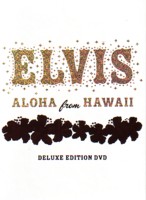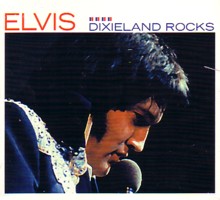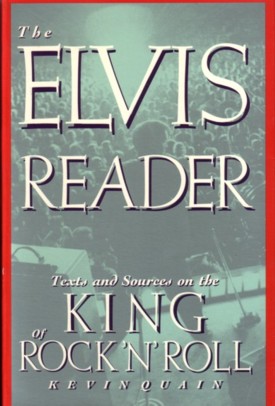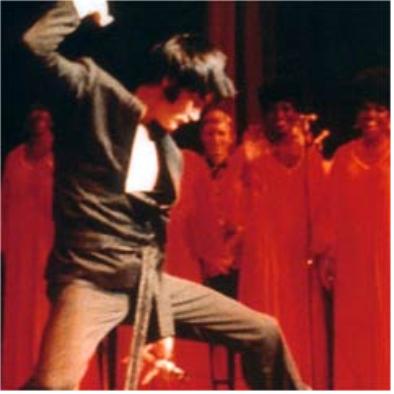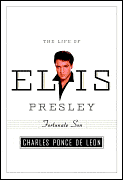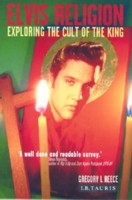 |
 |

Reviewed by Susan MacDougall Quain, Kevin, ed. The Elvis reader: texts and sources on the King of Rock 'n' Roll. St Martin's Press, New York, 1992. 344 pp.
It was good to read a factual, unsensational account of Dr Nichopoulos ("Dr Nick")'s trial in Stanley Booth's "The King is Dead! Hang the Doctor", which also reports Dr Nick's views on Elvis's health problems and his death. Dr Nick had 100 people to provide medication for while on tour; no wonder he filled so many prescriptions. The Colonel and promoters preferred Dr Nick to other doctors, as under the others Elvis would sometimes be over-sedated when he appeared on stage. Dr Nick appears to have been genuinely caring about his various patients and was found guilty of faulty record-keeping, not of over-prescribing. Based on the evidence presented at the trial, the outcome seems fair and reasonable. Thompson and Cole (authors of The Death of Elvis: what really happened, Robert Hale, London 1991) have nothing to be proud of concerning the witch hunt they mounted against Dr Nick, wielding their power in the media to have him charged a second time. Elvis was a chameleon. He is difficult to pin down. He tried to be what people wanted and to give them what they wanted. Because of his desire to be accepted as "one of them boys", in front of his men he acted macho and appeared to treat women harshly, yet when alone with women he was tender. Does this make Elvis a hypocrite? Did he say one thing and do something else? How did he reconcile his Pentecostal background with his lifestyle? Was Elvis a drugged-up pleasure seeker or did he take drugs to avoid mental and physical pain and make the world go away? He is purported to have made some anti-Jewish and anti-Roman Catholic remarks, yet he treated individuals with respect, whatever their race, colour or creed. If he was anti-Catholic, why did he include "The Miracle of The Rosary" in his repertoire of gospel songs? It contains the complete words of the prayer "Hail Mary, Full of Grace". This all goes to prove how impossible it is to second-guess what goes on in the mind of such a multi-faceted and complex individual. Hypocrites mouth moral principles and then behave with prejudice. Elvis allegedly mouthed prejudices and then behaved more morally. That being the case, we should take more notice of his deeds than his words as reported by others. In the introduction, Quain says: "Few figures in American history have evoked the extreme responses Elvis Presley has, and fewer still have endured after death as a myth, an industry, and a cult figure to the degree Elvis Presley has. Whether Elvis's achievements as an artist or a human being warrant this type of treatment is debatable. ..." (p. xvii). There is no doubt that Elvis was extremely talented as a singer and entertainer; arguably he was a genius musically. Geniuses are not necessarily good or likeable people. Discussing Kinglsey Amis, D.J. Taylor questions how far we need biographies of famous people - more particularly, if they are unpleasant people, do their personal lives matter provided they leave something positive for posterity?(1) In Kingsley Amis's case, biography "promised all kinds of surface irrelevancies that might distract the critic from really serious business of the text ...".
The Elvis Reader certainly fulfils its claim of being a good starting point for the prospective Elvis scholar. Quain claims that Guralnik's line of critical thinking about Elvis's failure to live up to his early promise has since "mutated into a familiar cliché in the hands of lazy critics and listeners". With the wealth and variety of material in this book, we can develop our own discernment and critical thinking - or we could become swamped by the bewildering number of different view points and find it hard to decide where the truth lies. Nevertheless, this book is important reading and very instructional. It is a book you can dip into, starting anywhere without having to read it from cover to cover. I even learned a new word - necrolater:- one who worships the dead. 1. Taylor, D.J. "A Flawed Character." Canberra Times, 30 Dec. 2006, Panorama Section pp.14-15. Read other book reviews by Susan MacDougall:
|
|
